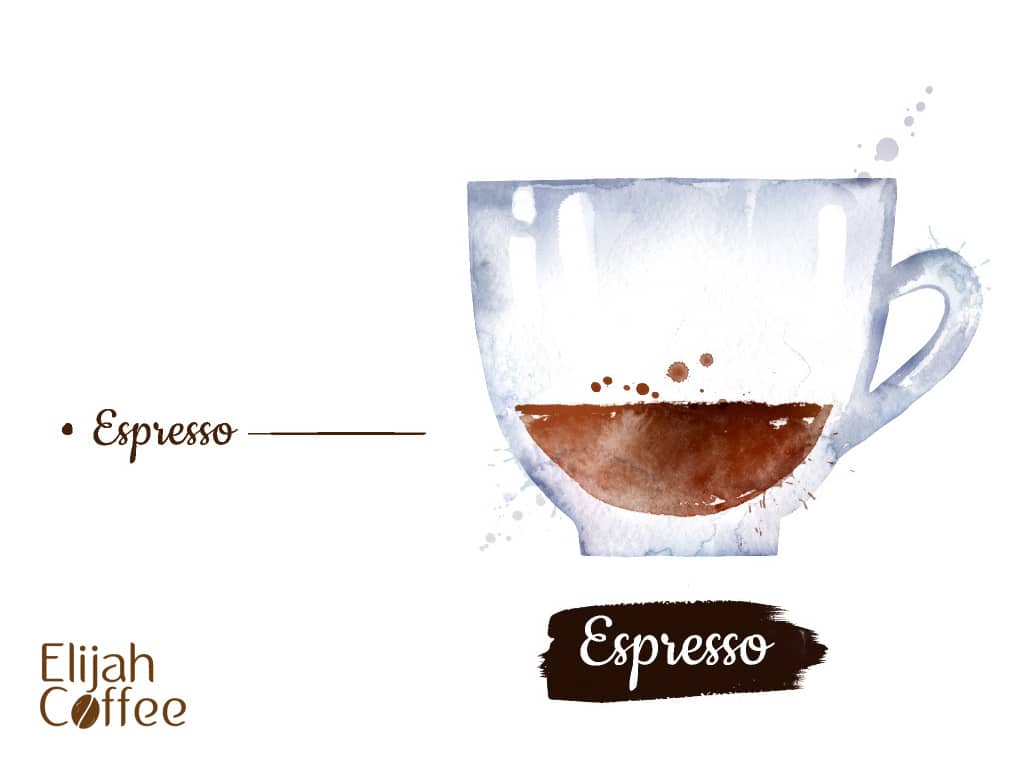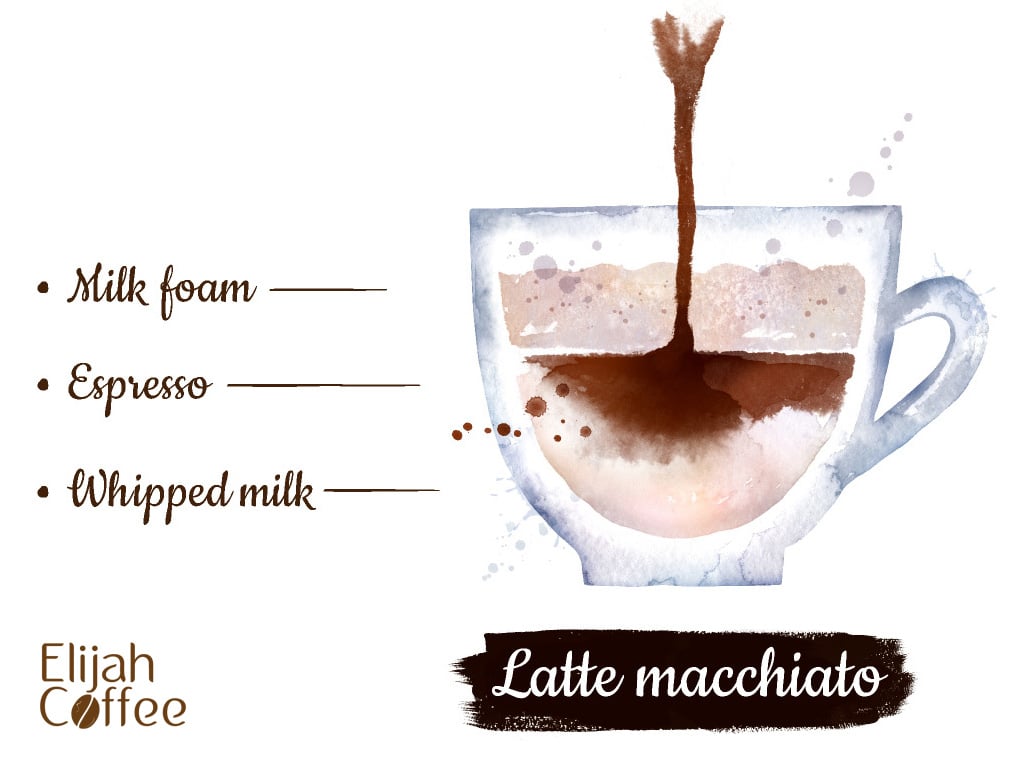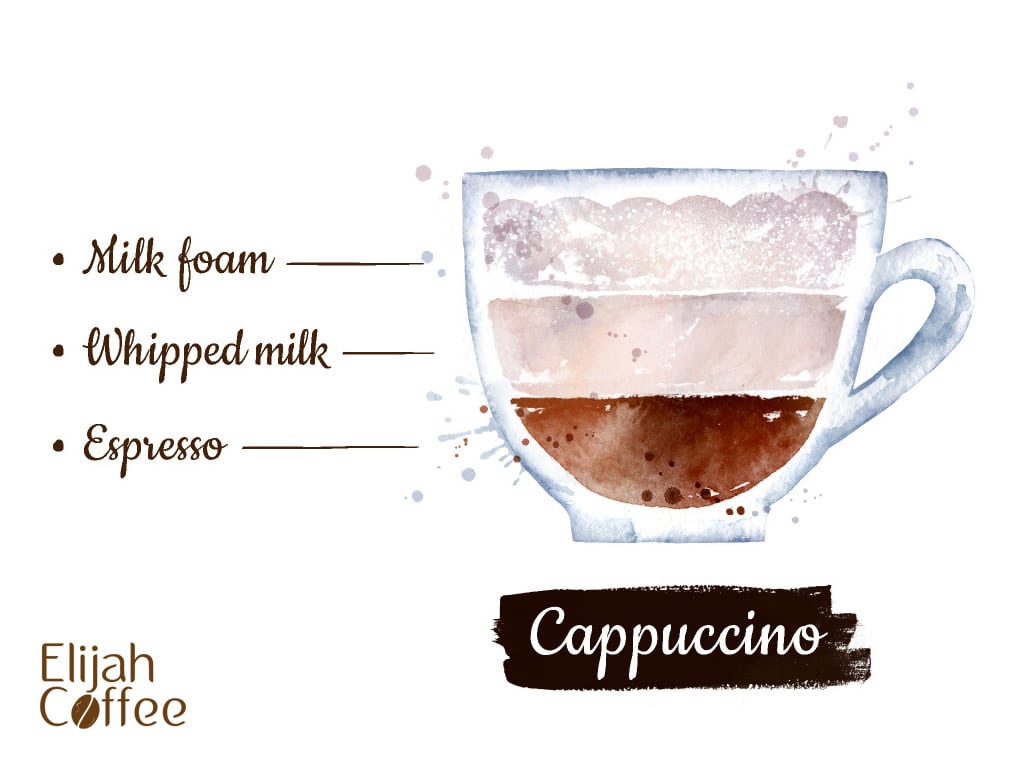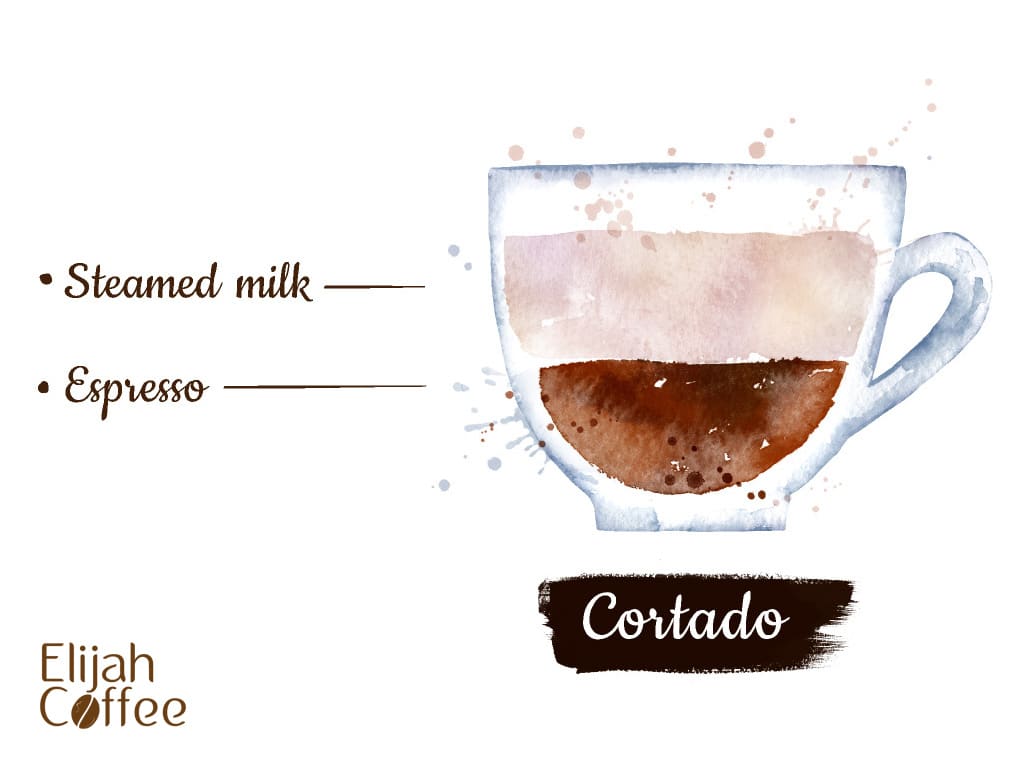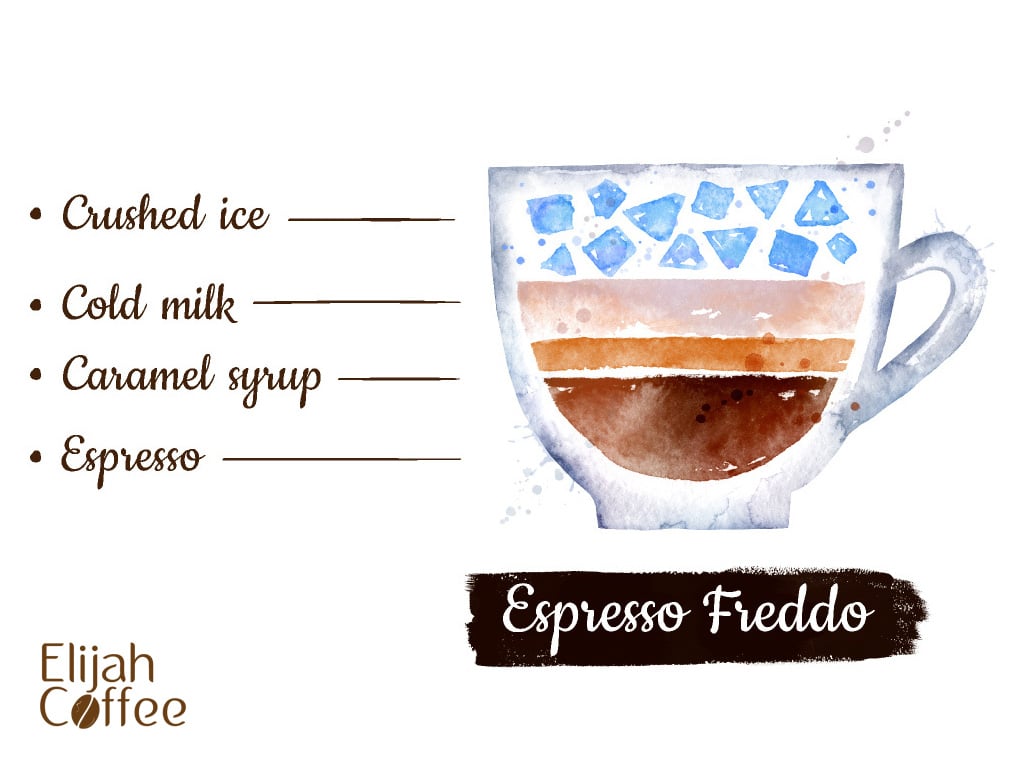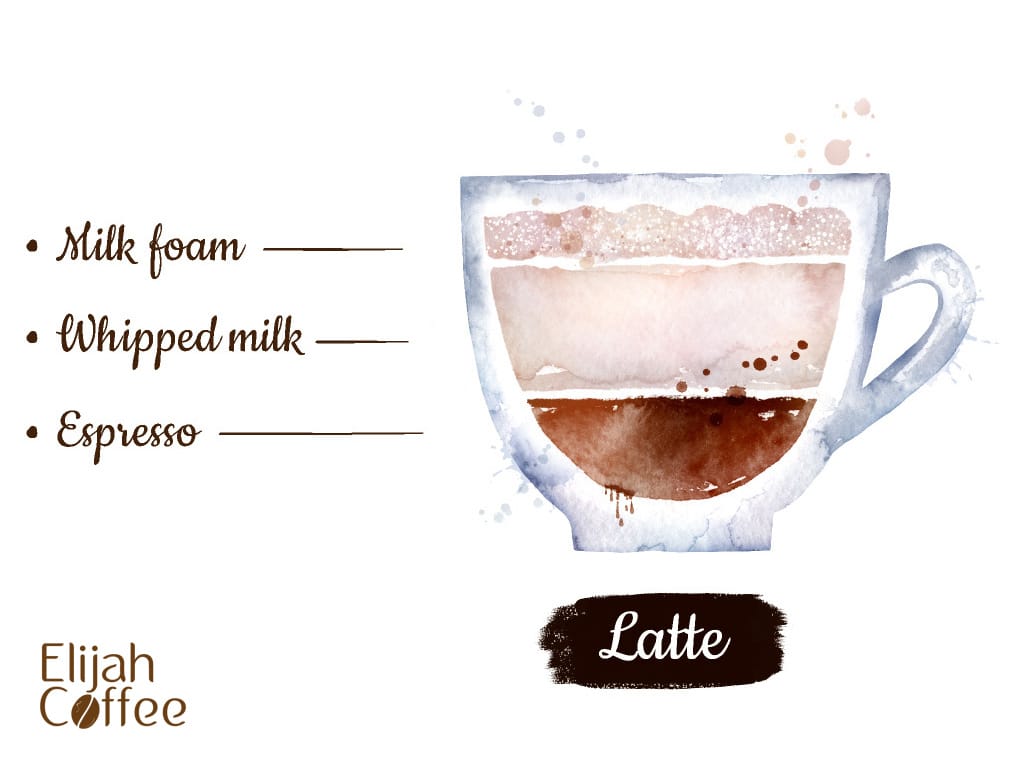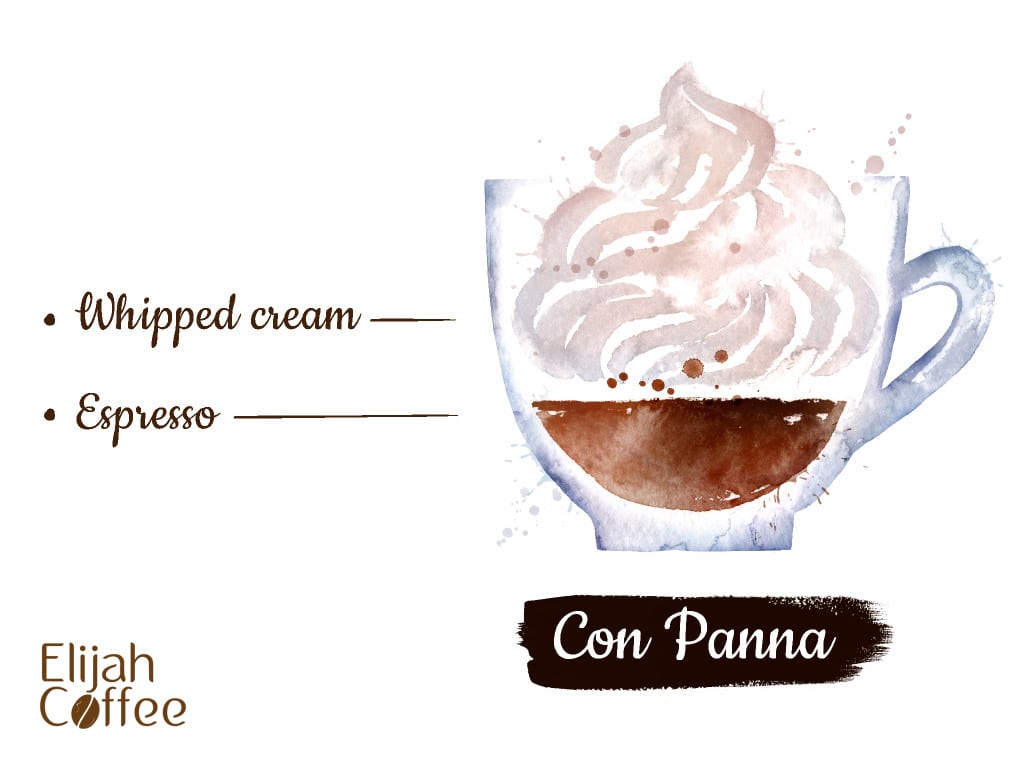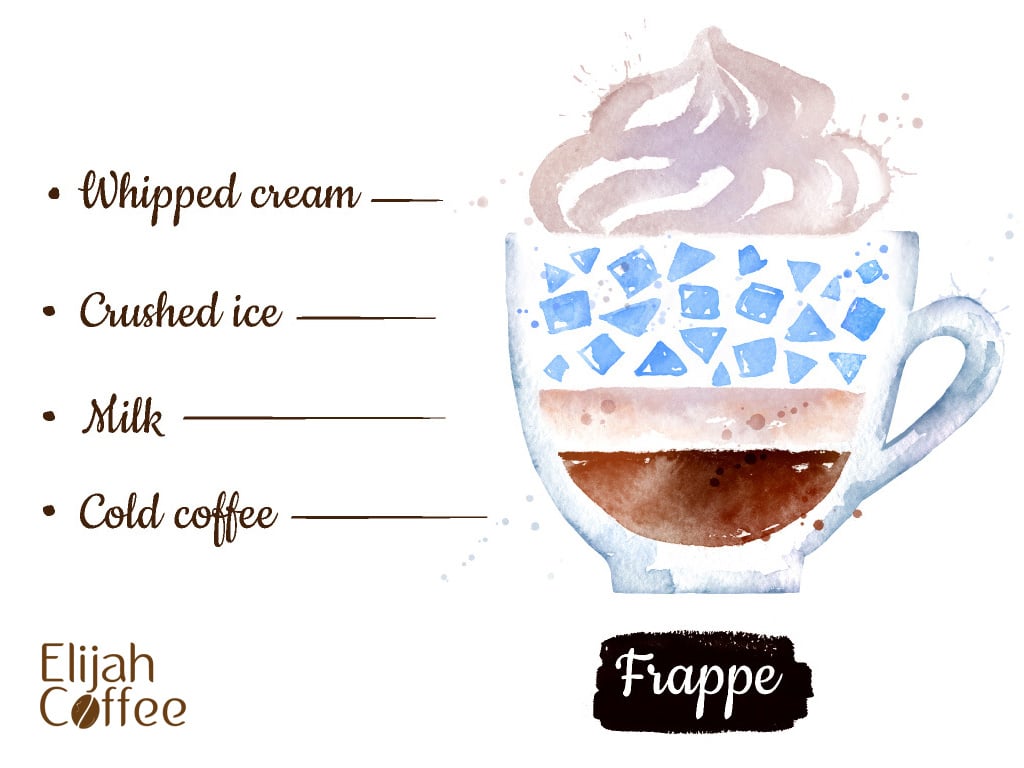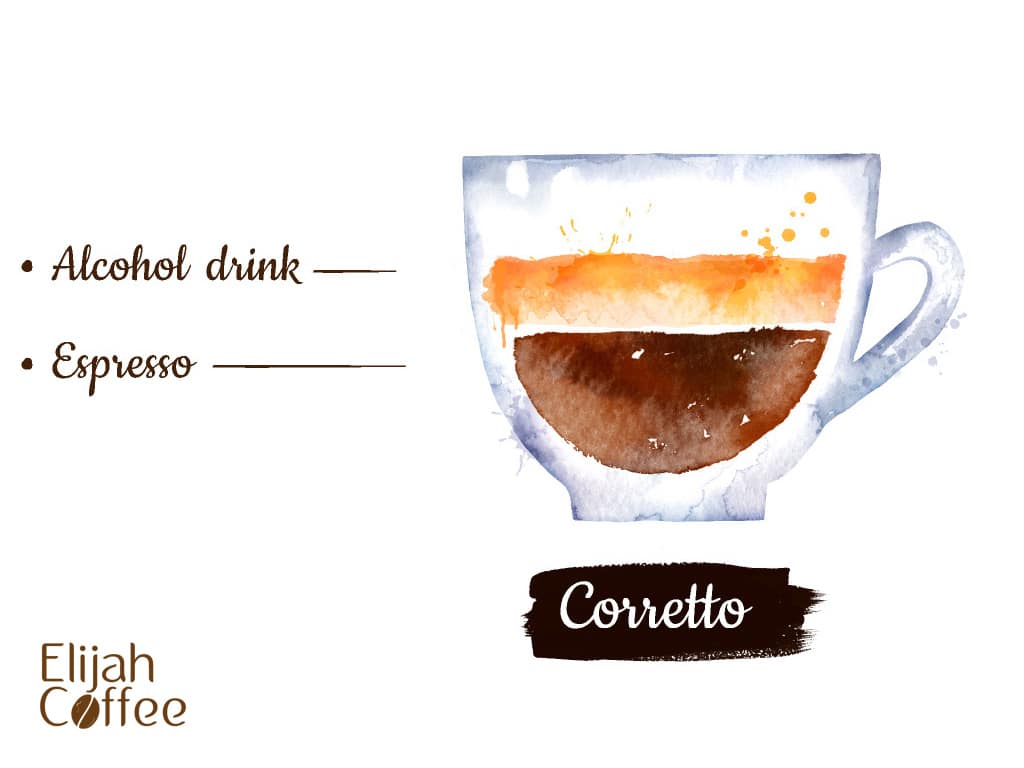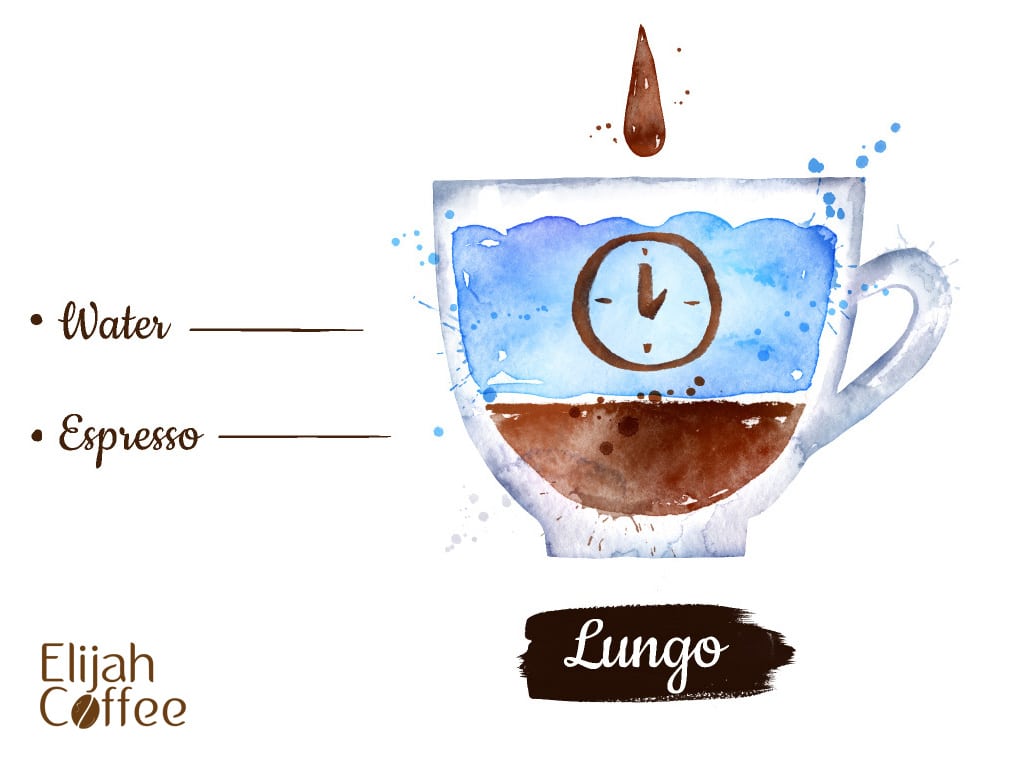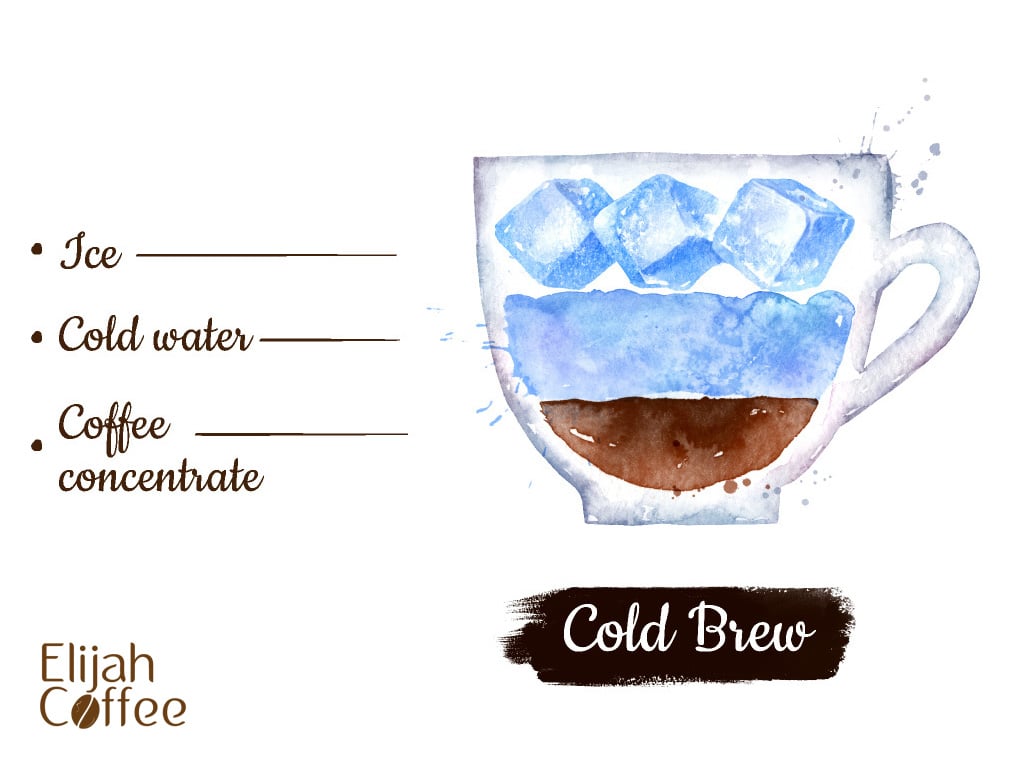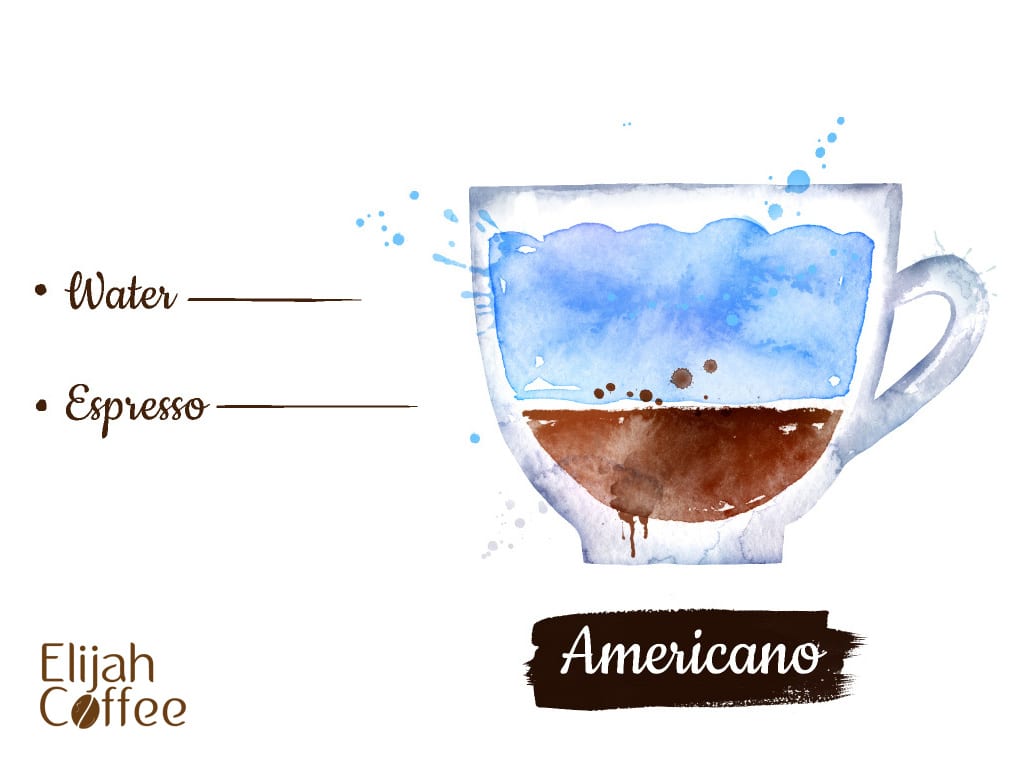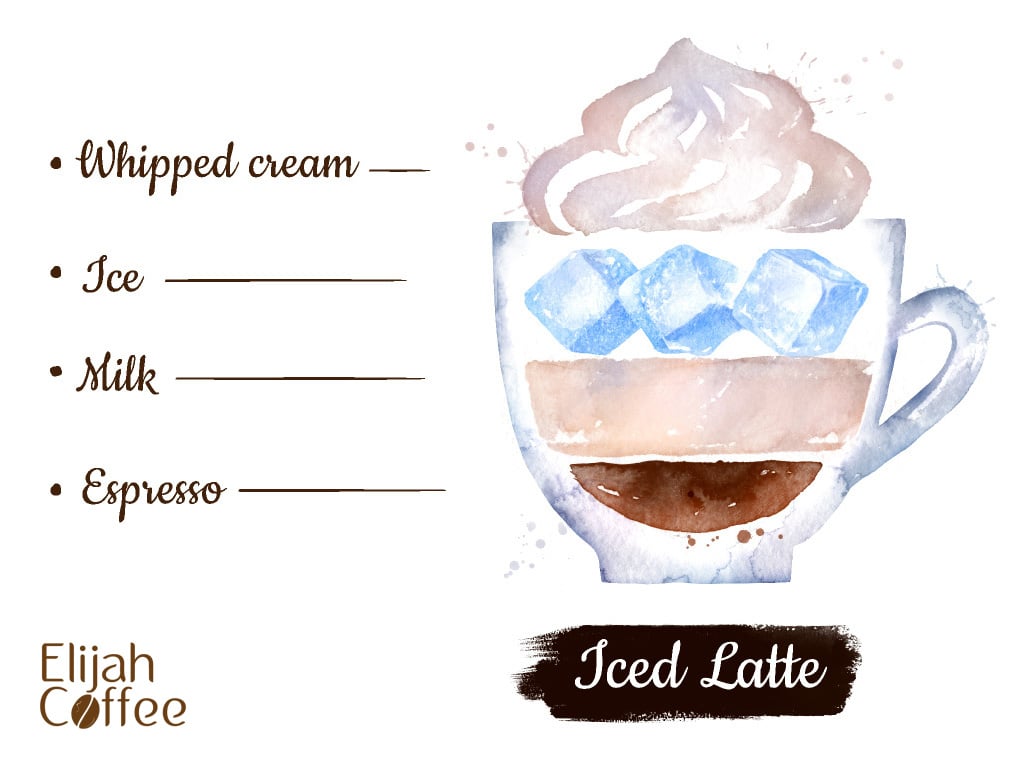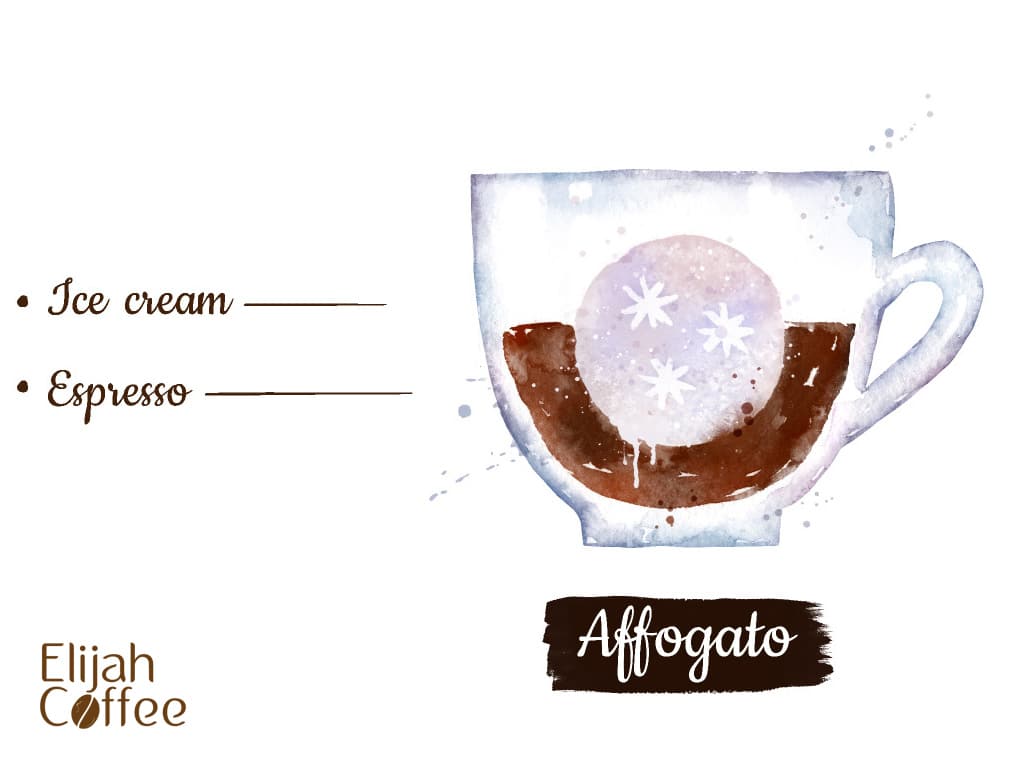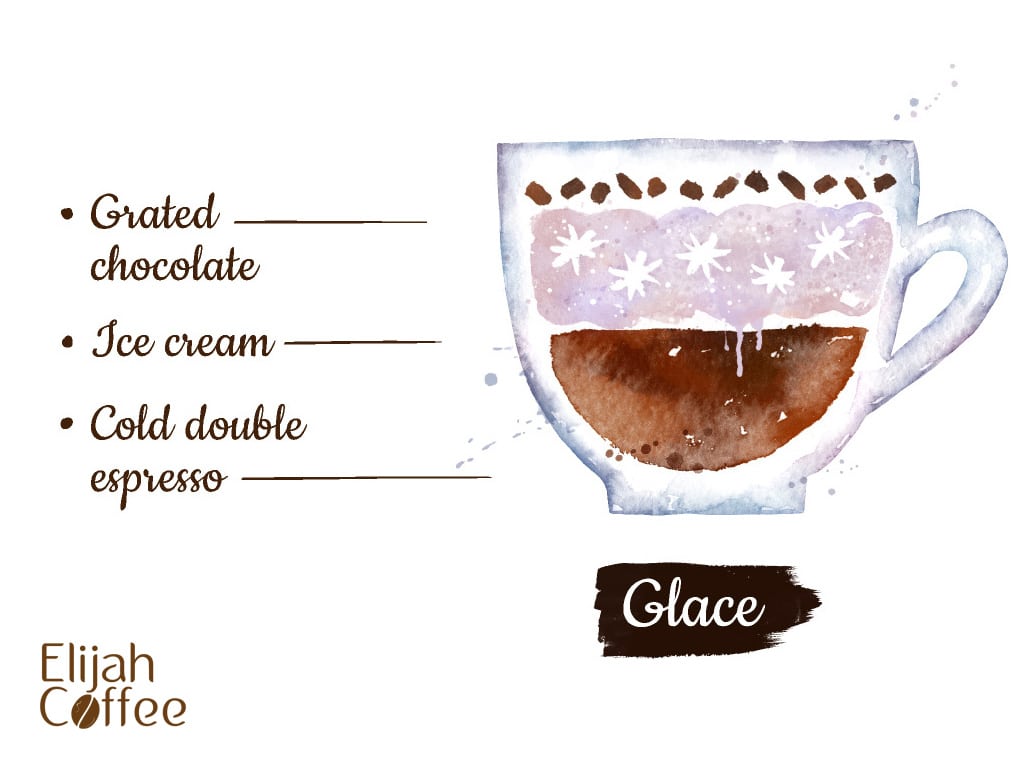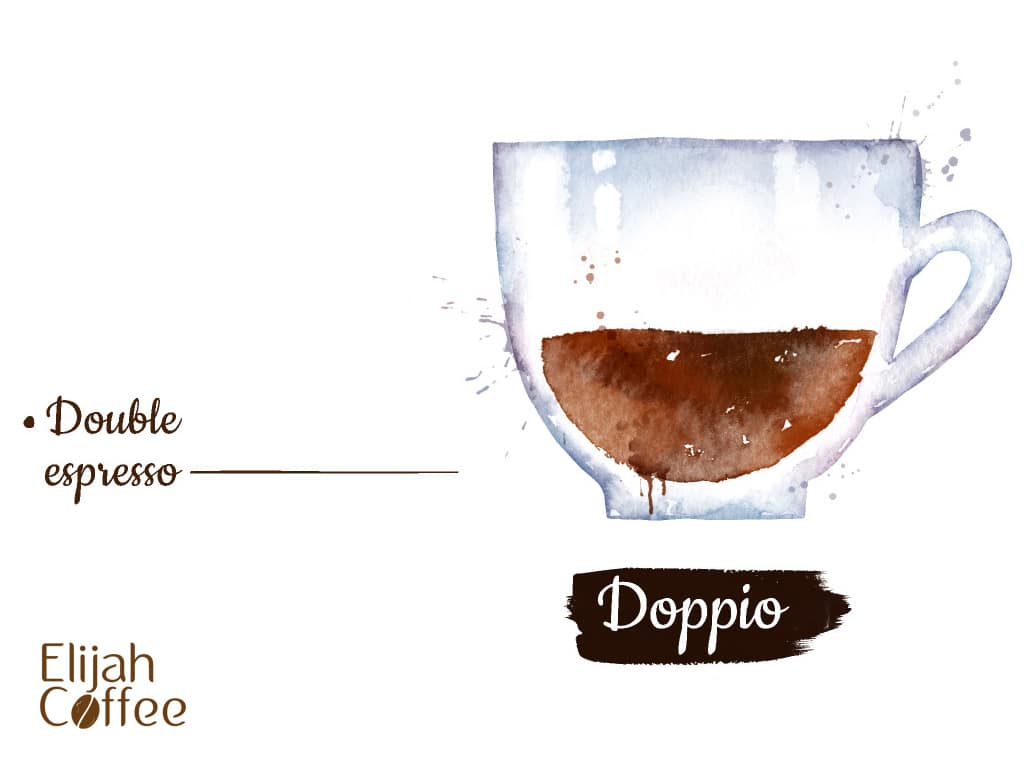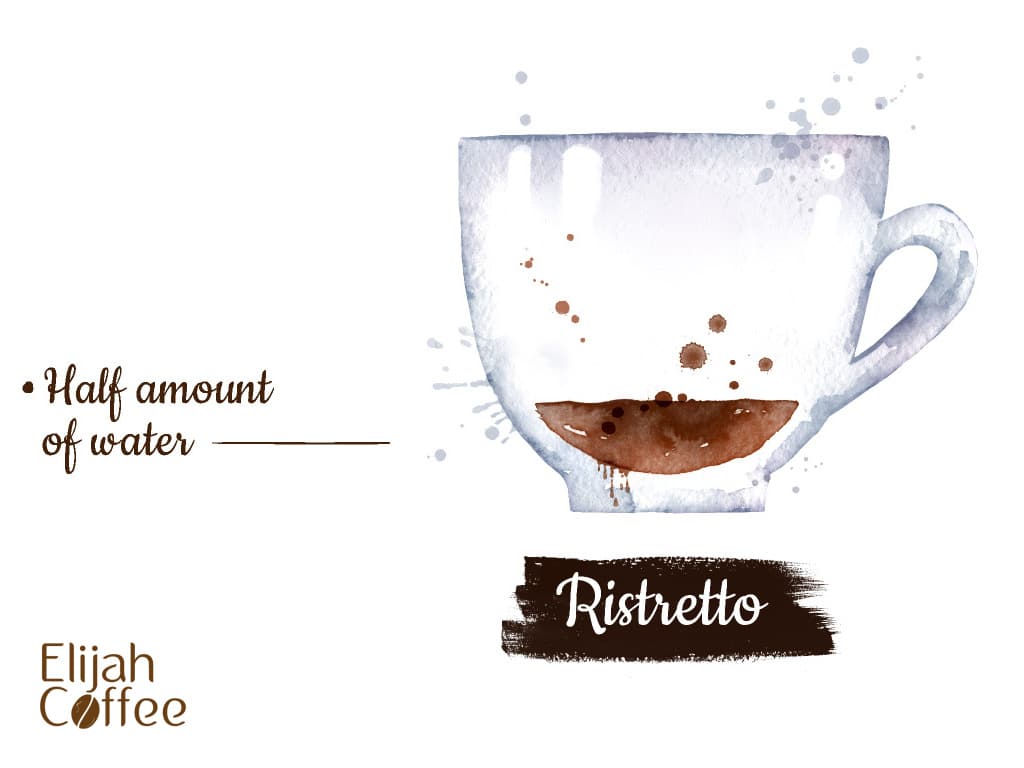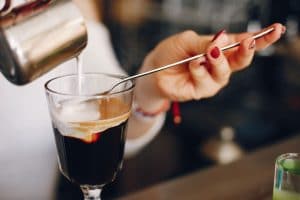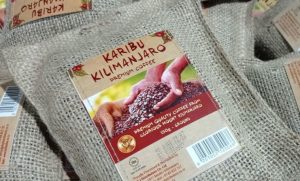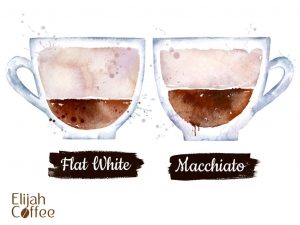John Leonard Tesha, a Chagga tribe farmer from Shimbwe village on the slopes of the Kilimanjaro, had a dream one day as he was resting under a banana tree on his farm. He would start educating people about coffee.
The coffee legend
The dream made him remember the time his grandfather woke him up in the middle of the night, called him outside to sit by the fire, and told him the legend of coffee.
The legend begins far far away in Abyssinyia, current day Ethiopia, when a farmer hears a commotion and runs out to find that his goats broke out of the pen and were frantically running towards the open bush.
He followed in attempt to steer them back home but when he finally caught up with them they were chewing happily on a strange bush with red berries. On the way home he noticed the goats were filled with an unusual energy, bouncing around, so the next day he went back to the unfamiliar bush to try chewing the berries himself. And yes, he too was filled with new energy, and was working easily the whole day without needing a rest. And so coffee was discovered…
Ever since that dream, John, a charismatic performer and enthusiastic amateur historian, decided to put his creative side together with his knowledge about coffee, and become Dr. Coffee.
The coffee show
Everytime visitors arrive at Dr. Coffee’s farm, the show begins. Children gather, neighbors come to help with the drumming and dancing, Dr. John’s eyes light up, and the legend is told once more. With his enthusiasm for history, we begin with the known historical facts on how coffee reached Tanzania all the way from Ethiopia through traditional trade routes, and later on cultivation was accelerated by the German and British colonialists. The historical map painted on metal, will be later used as a percussion instrument.
After the historical account comes the legend. The goats chewing the coffee berries in Ancient Abyssinyia, which lead to people first discovering the alertness quality of Coffee and chewing the berries themselves, then roasting the beans and eating them, then drinking the brewed ground coffee, all the way to current day elaborate coffee culture.
Dr. coffee is also abundant with stories of other uses of coffee, one of them being a well kept secret for feminine beautifying, a secret he gladly reveals to his visitors.
The traditional preparation of coffee
After the fascinating storytelling comes the traditional preparation of coffee.
The first tool is the “wooden motor”, that’s how Dr. Coffee calls his big wooden mortar and pestle (a kind of an inside joke about the lack of machinery). The green dried coffee beans are pounded out of their shells, with the help of song and drums, and dancing of course! After all, we are in Africa…
After separating the beans from the shells it’s time to roast them. Stirring must be nonstop, if we don’t want the beans burned and the delicate Arabica flavor lost. When the roasting is done we go back to the “wooden motor” to grind the beans into ground coffee, and John’s “Coffee choir” is all ready to go again. Soon enough the ground coffee is brewed and ready.
Nothing like a fresh cup of coffee made from the dried green beans all the way to the ground coffee in less than an hour full of happy dancing singing and drumming…
It takes a village…
Dr. John is very proud of his organic Arabica coffee, grown with care by him and his family in his Chagga ancestral land on the Kilimanjaro. I’m willing to swear you could taste the pride in their heritage in that cup of coffee.
And I could definitely feel the love of all the good people of Shimbwe village who came to take part in the ever changing “coffee choir”, the pounding and the grinding.
As in everything here in Africa, it takes a village…

Kilimanjaro coffee
The Tanzania coffee industry, apart for the large coffee plantations ,relies mostly on numerous small family farms just like John’s. His farm lies behind his home. The coffee was planted underneath the banana trees to provide shade for the delicate plants, all the while allowing better use of land space. This family farm, as many other farms in Shimbwe, a traditional Chagga village, hold the story of coffee cultivation all around the Kilimanjaro region.
Introduced by the German colonialists coffee cultivation was embraced by the Chagga people. The mountain slopes presented perfect conditions, especially for Arabica coffee, also known as “Mountain coffee”.
Rainy and cool weather at high elevations, but not too high where the degrees begin to drop, with preexisting banana farms, surrounded by the dense natural forest which contributes to enriching and protecting the land. To this day, Chagga farmers keep their coffee cultivation organic and sustainable.
Tanzania coffee flavors
Coffee production in Tanzania consists of roughly 70% Arabica and 30% Robusta. Arabica coffee is considered to be sweeter and more delicate in flavor than the Robusta coffee, and Tanzanian Arabica coffee cultivated around the Kilimanjaro is said by many to be the best, due to the optimal conditions the mountain provides.
When in Tanzania…
So if you ever find yourself planning a trip to Tanzania, Dr. Coffee is personally inviting you to the peaceful village of Shimbwe, to make your own cup of coffee all the way from the green dried beans in his farm, and with his entire marvelous Coffee Choir. To schedule a visit contact Shimboni Africa Tours

Follow Ella’s blog The Wandering Goddess










